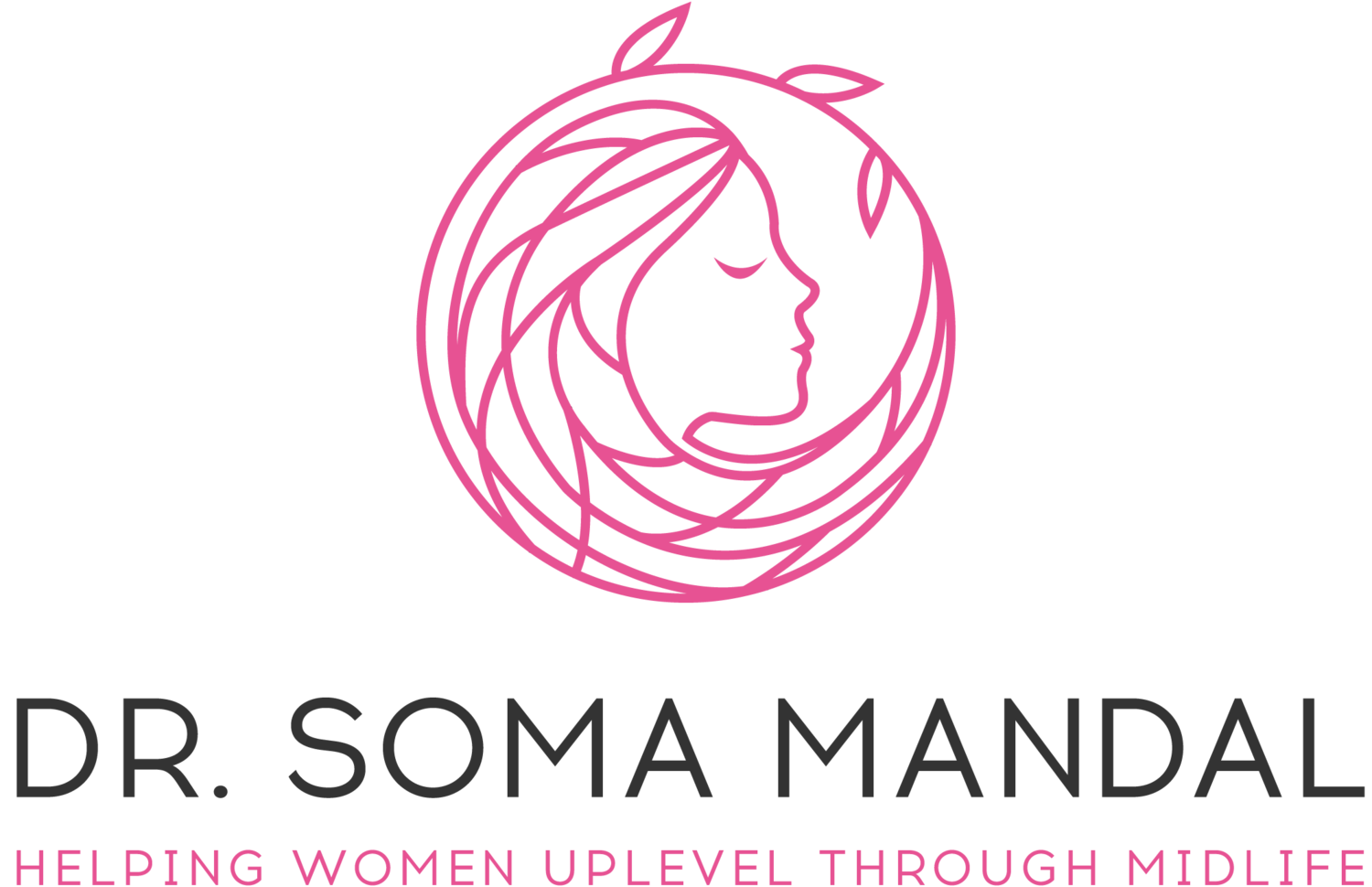Anxiety & Stress Levels Skyrocketing? Try These Simple Tips
Feeling more anxious and stressed out lately? If you’re in perimenopause, you’re not imagining it. The menopause-anxiety connection is real.
What’s Going On?
About 23% of women experience increased anxiety not related to depression during menopause. Why is that? Researchers aren’t 100% sure but they think that it is related to hormonal changes and life transitions.
As your body prepares to end its child-bearing functions, your hormone levels begin to fluctuate. These changes in hormone levels, particularly estrogen and progesterone, have been linked to increased feelings of anxiety. (Kind of sounds like puberty all over again, doesn’t it?) Add to this the other symptoms of menopause such as hot flashes and problems sleeping and your stress level is headed up.
The menopausal years also coincide with other changes that typically occur in a woman’s life: children leaving home, changes in a career or even the illness or loss of a significant other due to aging. Some women also struggle with their loss of fertility, changes in appearance and what all that means to their self-image as a woman. These issues can increase worry and anxiety.
Menopause is going to happen so what can you do?
Make the Mind-Body Connection
How you think about your menopause journey can have a huge influence on your experience. Approaching menopause as a natural part of the cycle of a woman’s life can help to ease some of the worry and uncertainty that can come along with it. Mind-body practices like yoga, meditation and Tai Chi help you to get in touch with your mind and your body. They are soothing and known to alleviate stress. They can help improve sleep (always an issue with menopause) as well as mitigate specific symptoms of menopause like hot flashes, stress and depression.
Exercise
No one likes to hear this one but the fact is, gentle, regular exercise has all kinds of health benefits including reducing stress and anxiety and helping to improve sleep (always a problem during menopause). The good news is you don’t have to pound it out on a treadmill for hours or sweat buckets. Take a walk, take a swim or even a dance class. The most important thing is to move your body and do so consistently. A lot of women want to know what the best exercise is. The answer is, the one that you’ll do. Choose something you enjoy, grab a friend and get moving!
Mind Your Diet
Some things we consume are known to make anxiety worse. Two of the most common are caffeine and alcohol. Both are often found to be triggers to anxiety. Caffeine can make you feel jittery and nervous. Alcohol acts as a depressant in the body and can make the underlying causes of anxiety worse. The important thing is to eat healthfully and be mindful of how things affect you.
Journal
Many women find journaling helpful because it gives them a place to put all of those thoughts and feelings that feed their anxiety. There is something soothing about the act of writing down. A journal can be a symbolic place to lay your worries down. You can also go back later and sort through what you wrote and may find some clarity or wisdom in those notes. Journaling is also great as part of a pre-bedtime routine and can help you to let go of the worries of the day.
Apps
There are a number of great relaxation apps. Calm, Oakand Headspacejust to name a few. Some are soothing music. Some offer guided or unguided meditations. Everyone is different so choose one that speaks to you and that you find soothing.
When Self-Help Isn’t Enough
Sometimes anxiety can become quite intense. If you’ve tried the self-help tips without success or your anxiety is affecting your ability to get through your day, a conversation with your healthcare provider is a good next step. There are medications that may help to alleviate your symptoms and allow you to get some much needed relief.
Stress Breaks
Practice using deep breathing. Look for opportunities to relax even if it’s just little 5 minute stress breaks. When you need a quick stress break, breathe slowly and deeply and think calming thoughts.
There you have it – the best anxiety and stress reducing tips. Try them and see which ones work for you. And if you need support, know that it is out there. All you have to do is reach out.





